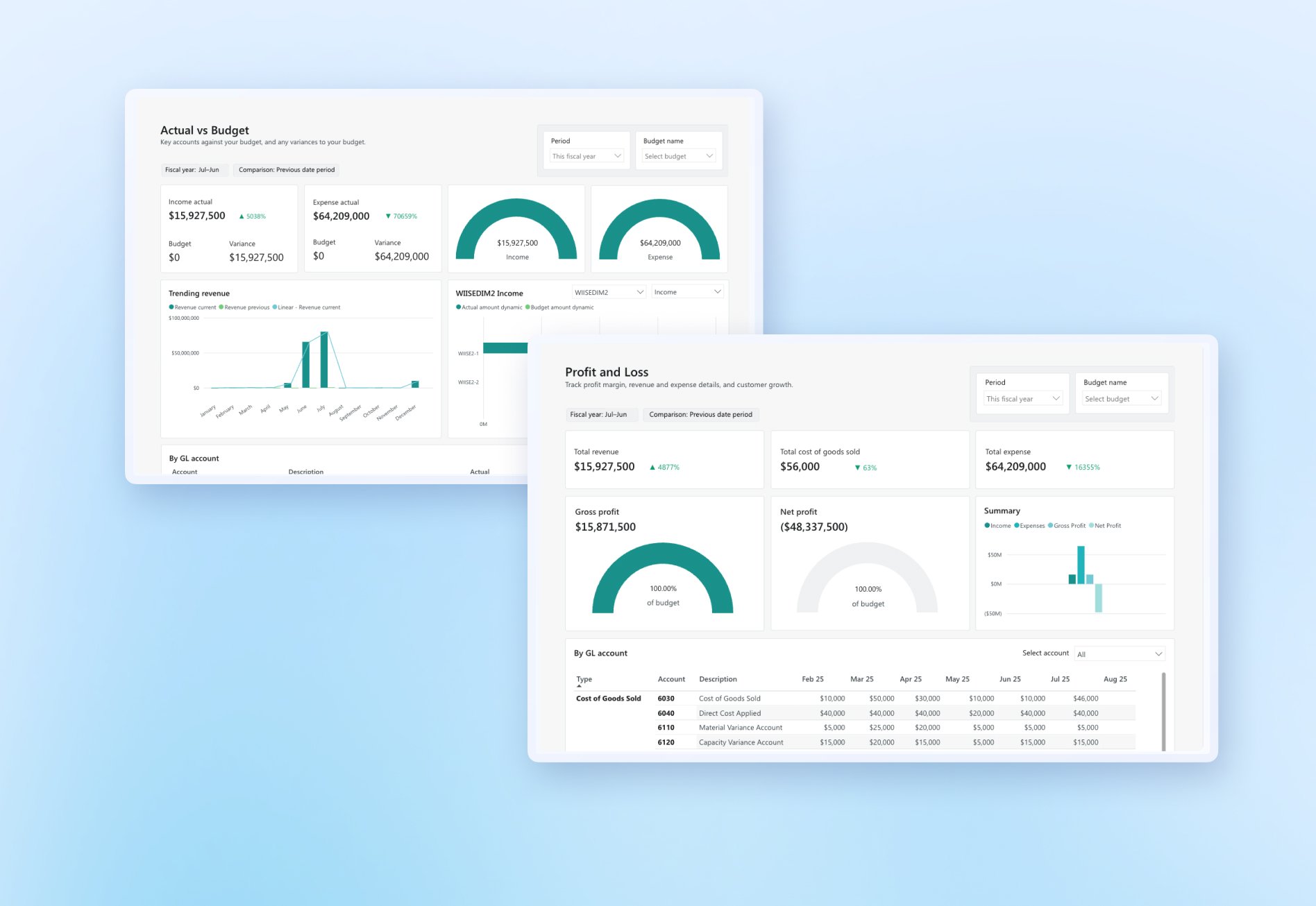Two of the biggest decisions you’ll make during an ERP implementation project are the software you’ll purchase and the implementation partner you’ll enlist to help set up and maintain it.
Your implementation partner will set up your system correctly, transfer data from your old system to your new ERP and ensure it’s optimised to work and grow with your business needs. An experienced implementation partner will increase the chances of a successful project and help to get the most out of your ERP software investment (which is why most organisations enlist one or more). But how do you choose?
The best way to start the selection process is with a request for proposal (RFP). An RFP is a document outlining exactly what you need – mainly, your project scope, objectives and any other criteria that will influence your decision.
We’ve put together a downloadable RFP template, to make things easier for you:
Download your free RFP template here
Putting together a comprehensive RFP will ensure partners can respond with proposals that clearly answer your questions, making the decision process much easier – so it’s important to ensure that everything you need to know is included in your RFP document.
What to include in an RFP
Here are 8 points your RFP document should definitely cover:
- Background information: A brief description of your organisation, goals, objectives and requirements for the ERP system.
- Scope: The initial scope of requirements you’ve already identified, including manual processes to be digitised and frustrations with your current system to be resolved.
- Experience and expertise: What do you expect from the consultants and developers who will be assigned to your project? Who will be assigned to your project? (Ask for the names and short biographies for each of the team member, so you can compare credentials). Think about previous experience, technical expertise and certifications/qualifications.
- Methodology and approach: How will the partner complete the implementation on time and within budget? Ask for timelines, resources and milestones.
- Training and support: Your partner will not only build your new ERP, they’ll help you to roll it out within your organisation. Ask for a description of the training and support services they’ll provide, including the duration and frequency of training, availability of technical support and any service level agreements (SLAs).
- Pricing and payment: The proposed pricing structure, including any ongoing maintenance or support fees, payment terms and additional costs associated with the implementation.
- References and case studies: Ideally, these should be a similar industry or project to yours, to prove that the partner is well-versed in any challenges that are specific to your organisation.
- Selection criteria: A checklist of what you’re looking for from implementation partner proposals. This will ensure partners include all the information you’re looking for, which will help you to make a fair choice.
Once you have an extensive list of requirements, it’s time to start breaking them down into order of priority. Bringing the project team together to categorise requirements will ensure everyone agrees on the most important capabilities – helping to drive the project forward. Your priority list should be based on:
For more information about selecting an implementation partner and managing an ERP migration project, read our ERP Implementation 101 Guide: A Practical Guide to Managing the Move.
Alternatively, save time by downloading our free tried-and-tested ERP project documents:
Free RFP templateFree ERP proposal checklist
Free go-live checklist
Ready to learn more?
Book a demo call with one of our friendly team members.



